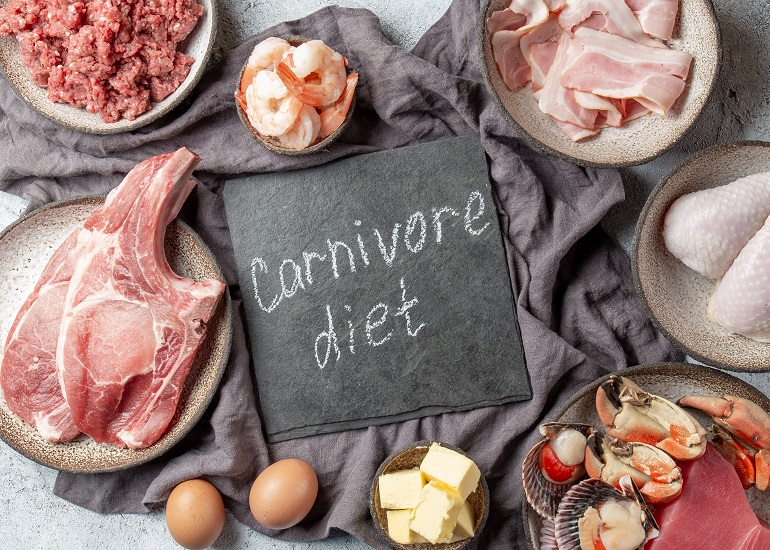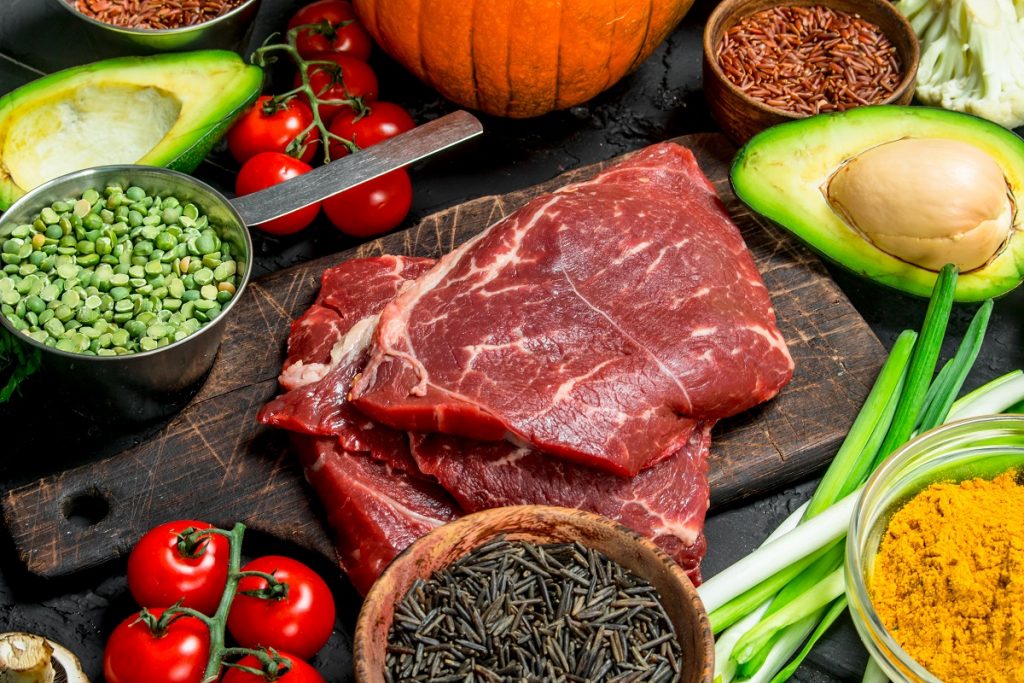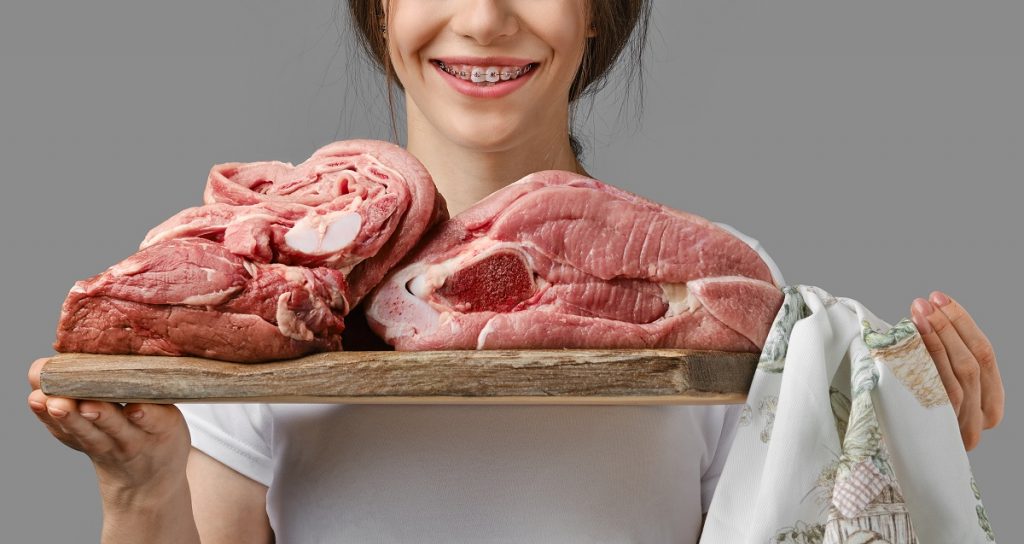Exploring the Carnivore Diet: Pros, Cons, and Expert Insights

Introduction:
In the ever-evolving landscape of dieting trends, the carnivore diet has emerged as a controversial yet intriguing option. Proponents tout its simplicity and alleged health benefits, while skeptics raise concerns about its nutritional adequacy and potential risks. In this article, we delve into the pros and cons, examine its similarities to other dietary approaches, highlight popular figures endorsing it, and provide expert advice to help you navigate this polarizing dietary regimen.
Table of Contents
- Introduction
- Understanding the High-Protein Diet
- Pros of the diet
- Cons and setbacks
- Similarities to Other Diets
- Popular Figures Endorsing the Diet
- Expert Advice on the Diet
- Conclusion
Understanding the High-Protein Diet:

The carnivore diet is a dietary approach that emphasizes the consumption of animal products while excluding plant-based foods. Advocates claim that by eliminating carbohydrates and plant-derived compounds, the carnivore diet can alleviate various health issues and promote weight loss.
Pros of the Diet:

The carnivore diet offers simplicity in meal planning, focusing solely on animal-based foods, making it easy to follow for some individuals. Some adherents report significant weight loss on the carnivore diet, attributing it to reduced calorie intake and improved metabolic health. Certain individuals claim relief from autoimmune conditions, digestive issues, and other health ailments after adopting the carnivore diet.
Cons and Setbacks:
Critics argue that the all-meat diet may lead to deficiencies in essential nutrients such as fiber, vitamins, and minerals found abundantly in plant-based foods. The sustainability of a diet devoid of fruits, vegetables, and grains is a concern, as it may pose challenges in meeting long-term nutritional needs. Some health experts caution against the potential risks of high saturated fat intake and lack of dietary diversity associated with the carnivore diet.
Similarities to Other Diets:

The carnivore diet shares similarities with other low-carbohydrate, high-fat diets such as the ketogenic diet and Atkins diet. They all restrict carbohydrate intake to varying degrees. Like the paleo diet, the high-protein diet emphasizes the consumption of whole, unprocessed foods. However, it excludes grains, legumes, and processed foods.
Popular Figures Endorsing the High-Protein Diet:
High-profile individuals such as Jordan Peterson, Joe Rogan, and Mikhaila Peterson have publicly advocated for the carnivore diet. They also shared their personal experiences and purported health benefits.
Expert Advice:

“While the carnivore diet may offer short-term benefits for some individuals, it’s essential to ensure nutritional adequacy and consider long-term sustainability. Incorporating a variety of nutrient-dense foods is crucial for overall health and well-being.”
Dr. Mark Hyman, a renowned functional medicine expert
“Before embarking on the high-protein diet or any restrictive dietary regimen, consult with a qualified healthcare provider to assess individual health status, nutritional needs, and potential risks.”
Dr. David Ludwig, a Harvard-trained physician and nutrition researcher
Conclusion:

The carnivore diet presents a provocative approach to nutrition, eliciting fervent debate among proponents and critics alike. While some individuals may experience short-term benefits such as weight loss and symptom relief, the long-term sustainability of the high-protein diet remains subjects of concern. As with any dietary regimen, it’s advisable to approach the diet with careful consideration. Seek expert guidance and prioritize overall health and well-being above all else. If you are considering the keto diet, look into some cons in the article here.
Sources:
- DietDoctor.com
- Mayo Clinic
- PubMed – A database of biomedical literature, including research studies and reviews.
- National Institutes of Health (NIH) – Provides access to a wealth of scientific research and publications related to nutrition and dietary patterns.
